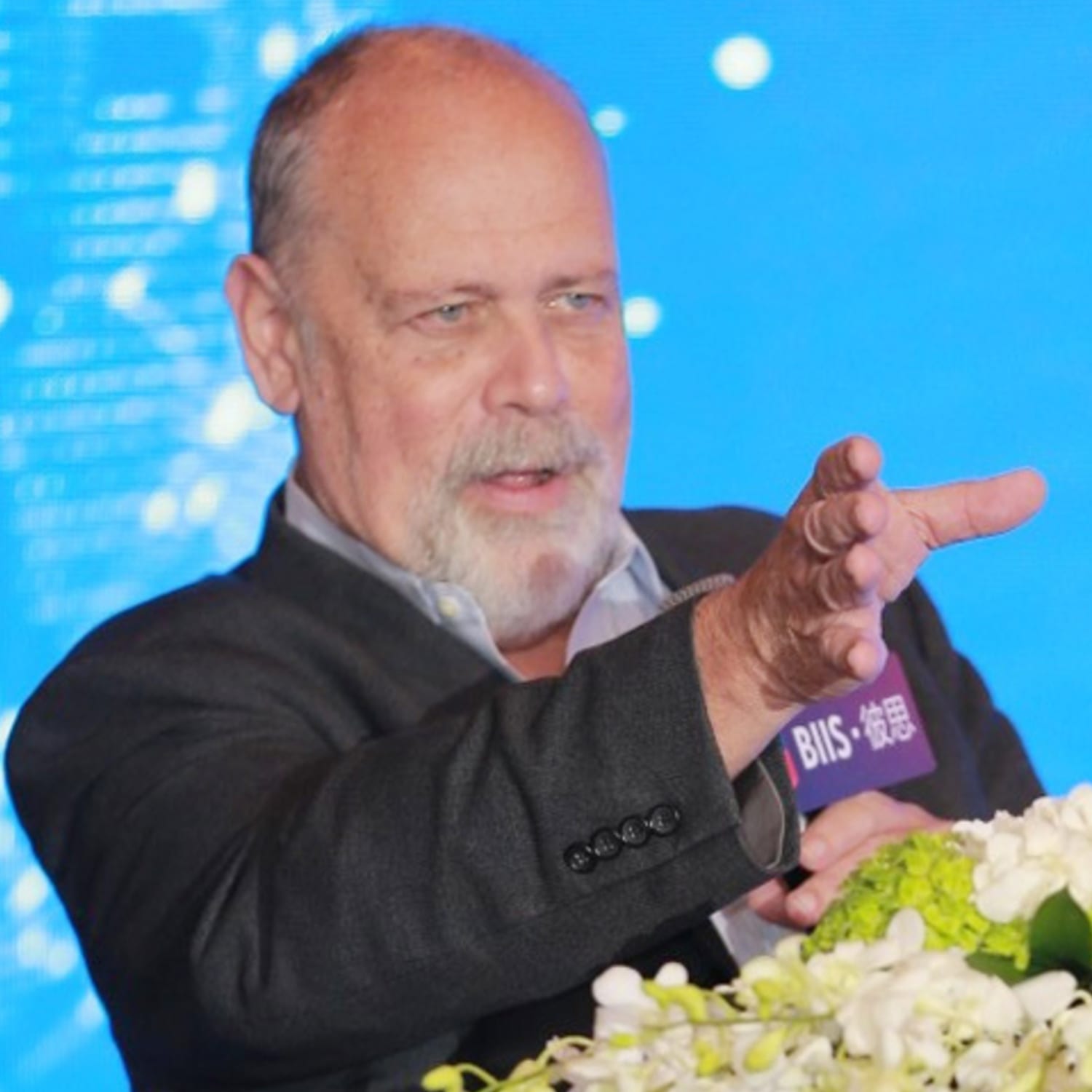 Bioregnum Opinion Column by John Carroll
Bioregnum Opinion Column by John CarrollBack in 2013, Pascal Soriot’s first full year at the helm of a tottering AstraZeneca, he landed a pay package worth about $5.5 million. By pharma CEO standards, it wasn’t much. And he likely wasn’t cheerful about the number.
Unlike just about every PR-conscious CEO in the industry, Soriot has from time to time voiced his displeasure about his pay, risking the inevitable grumbling that would come from everyone else in the company making far, far less.
In 2018 he had this to say after he was forced to live on $12.7 million in compensation the year before:
“The truth is I’m the lowest-paid CEO in the whole industry,” he moaned to the Times. “You know, it is annoying to some extent. But at the end of the day, it is what it is. I’m not going to complain, but me and Emma (Walmsley, the CEO at GSK) are the lowest-paid in Europe and the US.”
For European CEOs, there’s nothing new about being paid less than the US, as chiefs in Paris or Basel would be quick to privately acknowledge. But Soriot’s grinding campaign for the big money — set against the backdrop of a massive and durable turnaround at the one-time European pharma weakling — has paid off handsomely.
 Emma Walmsley
Emma WalmsleyA few days ago we learned that Soriot’s pay package this year will be worth some $23.5 million. That’s not the highest amount being recorded in the industry, but it’s a damn sight better than many of his peers. And in winning bigger pay at the Cambridge, UK-based giant, Soriot is helping to reset the financial scales by which board members use peers’ pay to establish compensation for all the pharma chiefs.
Vas Narasimhan — who earned a 2023 package of $15.3 million as CEO of Novartis — is one potential benefactor of the Soriot factor. His income is already pointed due north.
“As part of our annual review,” reads the latest 20-F from Novartis at the end of January, “we identified that our existing CEO compensation practices placed us in the lowest quartile versus global healthcare peers.” And no CEO wants to be at the end of that line.
 Vas Narasimhan
Vas NarasimhanIt’s unlikely that Novartis’ board had to “learn” this during a review, as the debate over CEO compensation runs particularly hot in a more culturally egalitarian Europe, where unions are likely to furiously compare CEO compensation to relatively minuscule rank-and-file pay and limited raises. But Novartis is also big on incentivizing global and specifically US growth. So the board bumped their long-term performance plan for the CEO from 325% to 400% as a percentage of annual base salary. This is being styled in the SEC filing as the first major CEO pay hike at Novartis since 2019.
Over at GSK, that other UK giant which carefully tracks the CEO pay of 11 other pharmas, including AstraZeneca, Walmsley picked up total remuneration of £12.7 million ($15.9 million) last year, up from £8.45 million ($10.6 million) the year before. And that was after largely treading water for four years. Of course, GSK also has Shingrix in part to thank for significantly improved numbers.
Walmsley’s hike: 50%. The average pay hike for GSK workers last year: 4%.
Walmsley’s pay still pales in comparison to her US counterparts. Even Albert Bourla, who got hit hard on pay after Covid vaccine market went pffft, picked up $21.6 million for a miserable 2023 at Pfizer.
But Walmsley’s catching up fast. And the rest of the small group of European CEOs appear to be set to benefit as they push to rank up there with the trailblazer himself: Pascal Soriot.
It’s been a long, stubborn fight for Soriot, who has to be the most relentless chief in the industry. But he can finally notch it up as another influential win. And everyone at the top is paying very close attention.